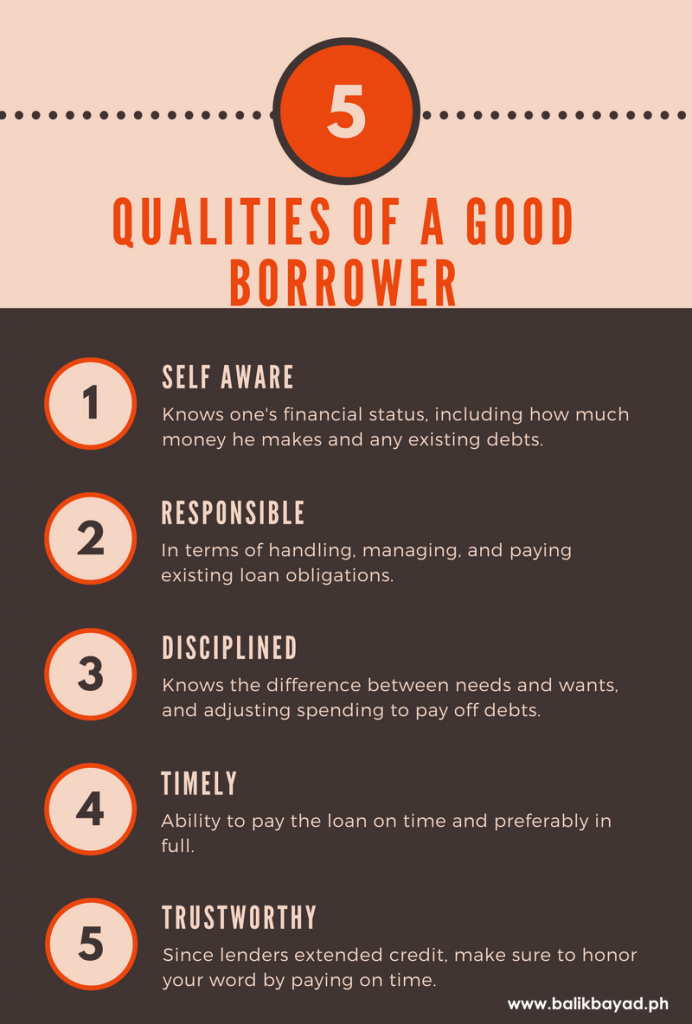 There are two types of loan in terms of security: collateral or non-collateral loan. Collateral loan means the loan is guaranteed by a security, which could be in the form of real estate, chattel, time deposits, or goods. On the other hand, Non-collateral loan is not backed up by any form of security.
There are two types of loan in terms of security: collateral or non-collateral loan. Collateral loan means the loan is guaranteed by a security, which could be in the form of real estate, chattel, time deposits, or goods. On the other hand, Non-collateral loan is not backed up by any form of security.
Between the two, lenders prefer collateral loan. This gives them an assurance that whatever happens, they will be repaid since an asset is tied on the loan.
Here comes the tricky part: not all OFWs have property or any form of asset that they can use as collateral.
What’s your next option? You can apply with a co-maker or co-borrower.
If you can’t get a reliable co-borrower, then consider Non-Collateral OFW Loan and here’s why:
1) It is a low-risk option than secured loans.
Imagine getting your car or house re-possessed just because you are unable to pay a loan. Stressful, don’t you think?
This won’t happen when you apply for a non-collateral loan. It is a low-risk option because your assets are not compromised. Nonetheless, it may take a while for banks to approve your loan since they will need to conduct verification procedures to make sure they can extend credit to you safely.
2) Requirements are easier to comply with.
You don’t need to submit Tax Declaration, original title of the property, tax receipts, or sign any documents to guarantee your loan. In fact, non-collateral OFW Loan calls for requirements that are easier to comply with such as Proof of Income and billing address to verify where you live. Since they are easier to comply with, you can submit it anytime and it won’t compromise the length of loan application process.
3) A quick solution to your cash needs.
There are cases when you will need cash and be able to pay it in less than a year. In that case, a non-collateral loan can be your good option. It is easier and faster to process without compromising your finances or savings.
Despite these benefits, keep in mind that non-collateral loan usually have higher interest rate because of higher risk of non-payment. The good news is there are lenders like Balikbayad that offers competitive rates and easier repayment options to make it less stressful for you.
Give us a call or send us a message to know more about what we can offer. We love to help you with your cash needs.

